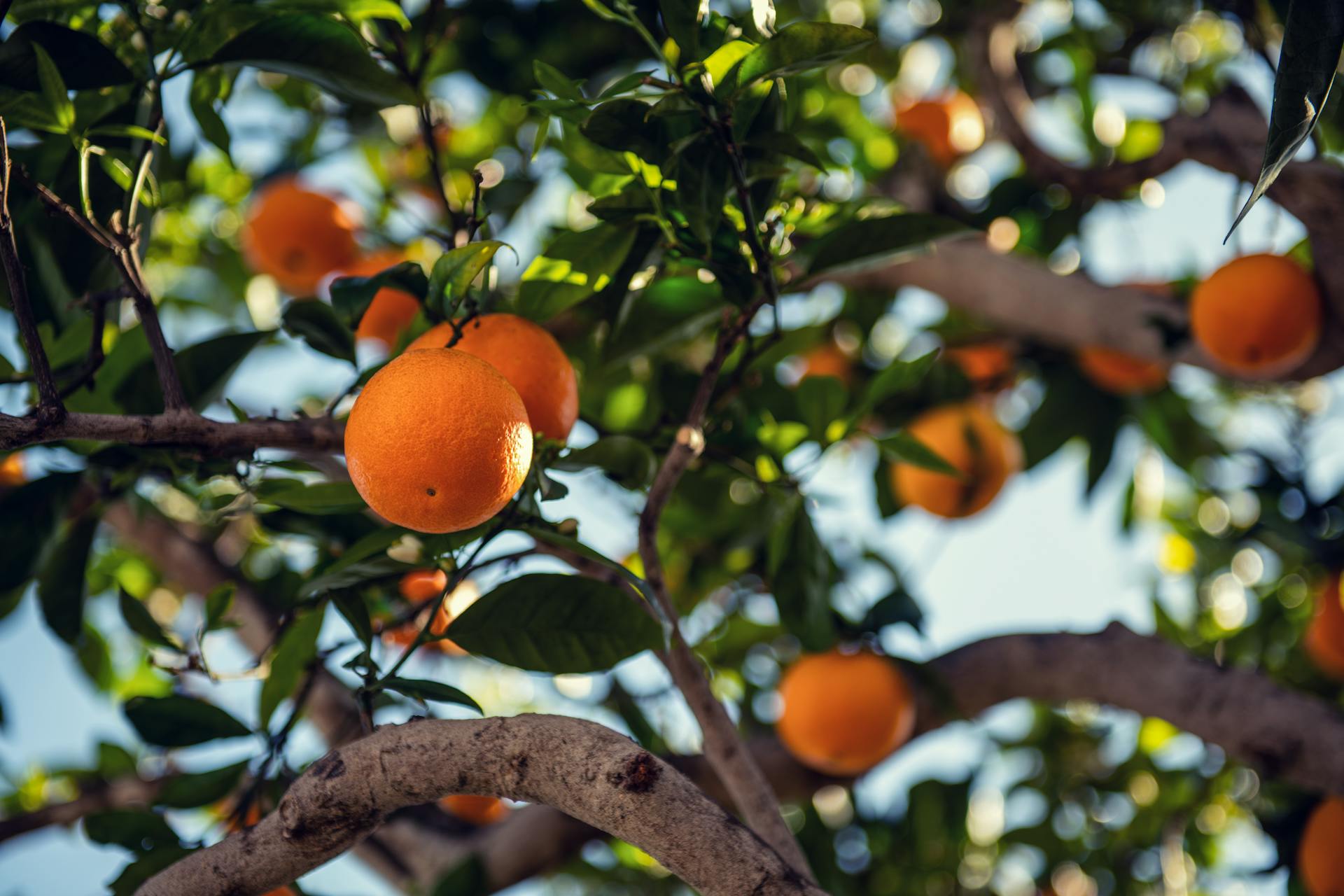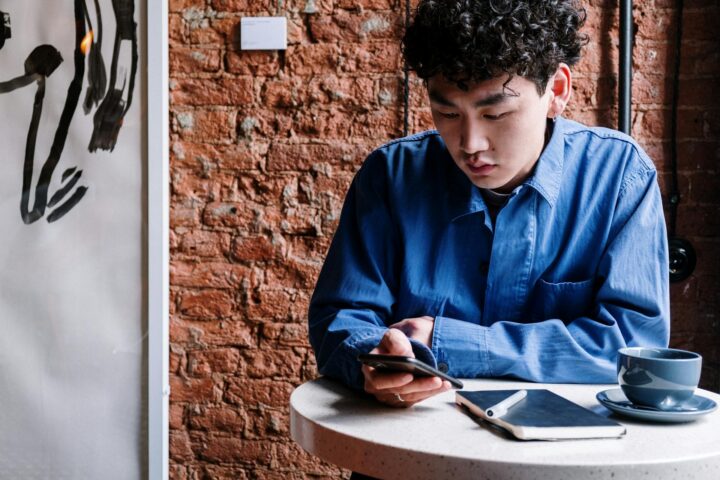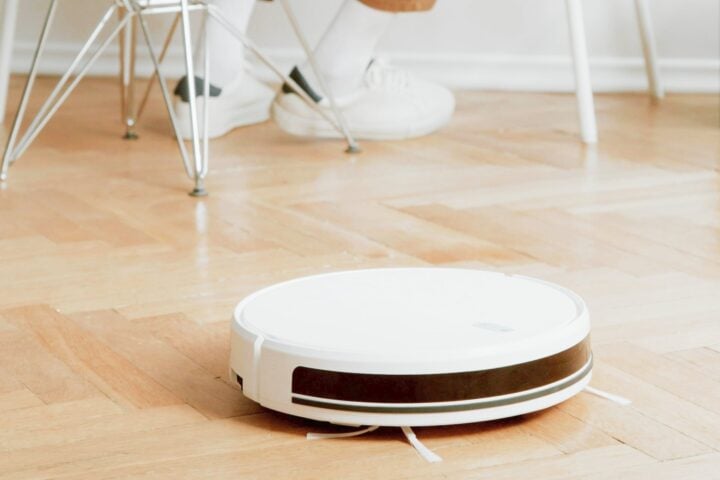In a sterile lab tucked behind Shinagawa Station, a startup called MEMORY LAB is quietly reshaping the emotional architecture of food. Their latest creation: lab-grown fruit infused not only with flavor, but with synthetic memories of summer. The fruit doesn’t just taste ripe. It remembers being ripe.
This development marks a strange new chapter in Japan’s ongoing pursuit of emotional precision where even produce is expected to carry context.
How Do You Encode a Season?
MEMORY LAB’s fruit is cultivated from isolated plant cells. No soil, no sun, no tree. But what sets it apart from other cellular horticulture projects is its emotional payload. Each fruit is embedded with a proprietary “Seasonal Memory Profile,” designed to evoke the sensory and affective qualities of Japanese summer.
The process involves layering environmental simulations throughout the fruit’s cellular development. Researchers begin by embedding molecular traces that mimic the scent signatures of sunscreen and mosquito coils, two olfactory anchors of Japanese summer. These compounds aren’t just aromatic; they’re emotionally suggestive, designed to evoke the memory of skin warmed by sun and evenings softened by citronella.
Next, the lab introduces sound frequencies calibrated to resemble wind chimes swaying in humid air and the distant, uneven rhythm of fireworks heard from a neighboring ward. These auditory fragments are not played aloud, but encoded into the fruit’s growth environment as vibrational cues, subtly influencing its internal structure.
Humidity algorithms are then applied, replicating the atmospheric conditions of late July in Kamakura, a time and place chosen for its cultural density and sensory saturation. The air simulated is not just moist, but emotionally weighted: the kind of humidity that makes you remember things you didn’t realize you’d forgotten.
Finally, each fruit receives a low-level emotional imprint, described by researchers as “the feeling of being watched, but gently.” It’s a sensation meant to evoke presence without pressure like being observed by someone who knows you well enough not to interrupt.
Lead developer Kento Hatase explains: “We’re not recreating summer. We’re recreating the memory of having had one.”
The goal, according to Hatase, is not nostalgia, but emotional nutrition. Fruit that doesn’t just feed the body, but quietly reminds it of something it forgot to miss.
Echo Orchard™: The Market Debut
The fruit is now available under the brand name Echo Orchard™, in select Tokyo concept stores, boutique grocers, and one experimental vending machine in Daikanyama that plays cicada sounds when dispensing. Each fruit is packaged in a translucent capsule with a QR code printed on the stem tag. When scanned, the code plays a short audiovisual vignette, what MEMORY LAB calls a “seasonal echo.”
Examples include “Enoshima, 2007. 3:14 PM. Someone was laughing.” “Grandmother’s porch. Mugicha. Fan blades.” “The end of summer break. Unspoken.”
But the fruit’s emotional payload isn’t just digital. According to Tokyo Tofu Tribune’s editorial review, each unit contains approximately 1.5g of synthetic memory substrate (summer variant), trace aromatic molecules mimicking “sun-warmed skin,” and a subtle neural flavor profile calibrated to evoke “the feeling of being gently remembered.”
A printed disclaimer reads: “Emotional recall may vary by palate and personal history.”
Consumer reactions have ranged from delight to quiet unease. One shopper described the experience as “biting into someone else’s July.” Another said, “It tasted like a memory I didn’t know I missed. I cried. Then I composted it.”
Should Fruit Feel Anything?
As Echo Orchard™ gains attention, so do ethical questions. Is it appropriate to embed emotion into food? Whose memories are these? And what happens when the fruit remembers more than the person eating it?
A spokesperson from the Ministry of Food Authenticity issued a cautious statement: “We advise consumers to distinguish between flavor and feeling. Emotional recall is not a regulated ingredient.”
Meanwhile, a small movement of “seasonal purists” has emerged, advocating for traditional fruit grown under actual sky. One farmer in Yamanashi posted a sign reading: “Our peaches don’t remember anything. And that’s how it should be.”
What Farmers Still Know
To understand what’s being lost, or perhaps overwritten, TTT visited a fruit farm in Yamanashi Prefecture, where peaches, plums, and grapes have been cultivated for generations. The farmer, Mr. Furuya, has been growing fruit since he was a child. His hands move with the kind of precision that doesn’t come from data, but from decades of watching clouds and listening to soil.
“A peach doesn’t taste the same every year,” he said, standing beneath a tree that had just dropped its last blossom. “It depends on the rain, the wind, the mood of the bees. You can’t simulate that. You shouldn’t.”
Furuya’s orchard is a study in contingency. Late frost can ruin a season. A dry spell can sweeten the grapes. A single typhoon can shift the harvest calendar by weeks. And yet, he insists, this unpredictability is what makes fruit meaningful. “When you eat something that grew through difficulty, you taste the effort. You taste the year.”
Asked about MEMORY LAB’s synthetic fruit, Furuya paused. “I’m not against technology. But fruit without weather is just flavored memory foam.”
His comment echoes a growing sentiment among farmers and agricultural cooperatives: that lab-grown produce, while efficient and emotionally engineered, risks flattening the very thing that makes fruit fruit. Its relationship to time, place, and care.
In traditional farming, fruit is not just a product. It’s a record. Of the season, the soil, the person who woke up early to check the leaves.




